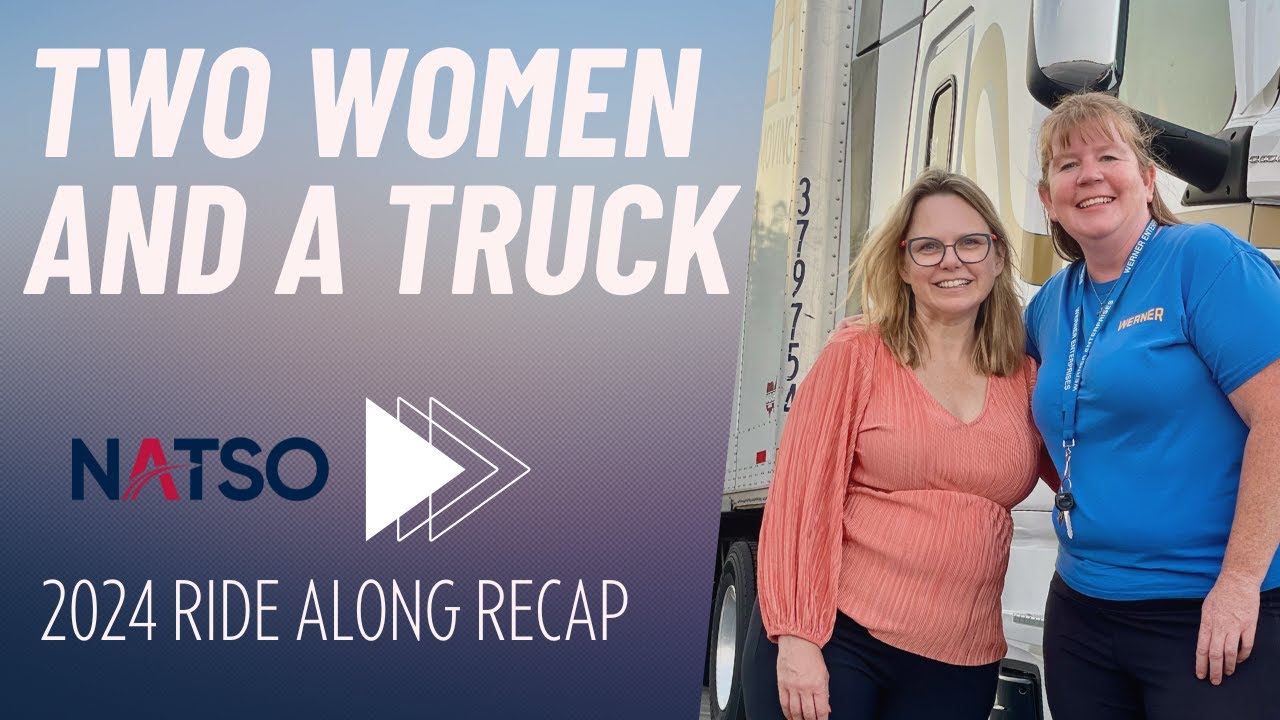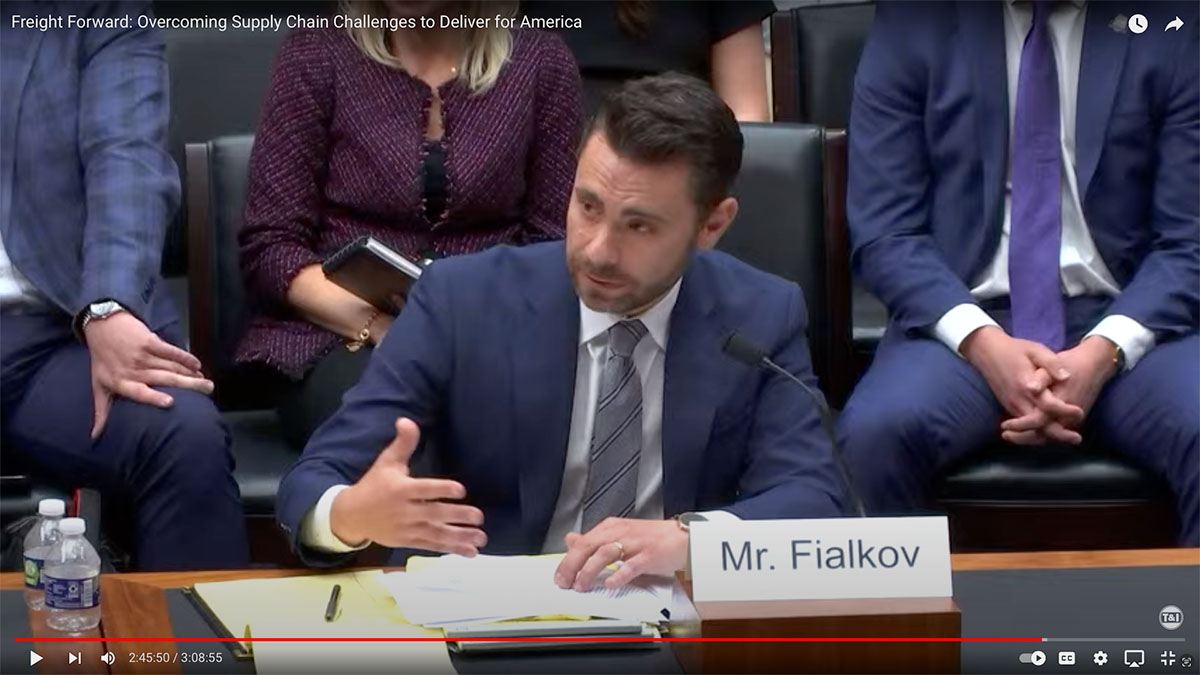
For more than a decade, the federal Renewable Fuel Standard (RFS) program has required fuel refiners and importers to incorporate an increasing volume of renewable fuel annually.
For truckstop and travel plaza operators, the standard can create several benefits.
NATSO and the Alternative Fuels Council have launched a RIN Management Service designed to help fuel retailers more efficiently participate in the Renewable Fuel Standard (RFS) program and manage their RINs.
During NATSO Connect earlier this year, my colleague Ginger Laidlaw, compliance specialist for the Alternative Fuels Council, and myself shared with operators the top things operators need to know about the Renewable Fuels Standard.

How the RFS is Set
RFS goals are to be set each year by the end of November for the following year. As time goes on, the United States has been increasing the amount of renewable fuels being used, which has been designed to reduce the country’s dependence on foreign oil, reduce greenhouse gas emissions and increase jobs in the green sector.
To meet RFS goals, obligated parties have to either have the renewable fuel or supplement it with a renewable identification number. It is basically the currency and incentive to drive renewable fuels.
Who Creates RINs
The renewable fuel producer is the renewable identification number (RIN) generator.
On every gallon they produce a RIN to depending on what they’re generating. For example, ethanol producers generate a D6 RIN and each gallon of ethanol has one RIN attached. Biodiesel producers, on the other hand, generate a D4 RIN and each gallon of biodiesel has 1.5 RINs attached. Gallons and RINs could go to the obligated party or the renewable fuel blender.
The renewable fuel blender is someone registered with the Environmental Protection Agency, and parties have to be registered with EPA to get the RIN.
What is Required of Producers
During the session, Laidlaw explained that the EPA’s Moderated Transaction System requires specific EPA credentials and registrations, and it tracks production, the point of blending and ultimate use by the obligated party. It also requires quarterly reporting and annual attestations. “Basically the EPA is tracking where that RIN is going,” she said, adding that NATSO can assist members with third-party compliance services referred to as the RIN System of Record. Each regulated party must document what type of System of Record is being used to track RINs.
On the RIN generator side, parties can choose if their RINS are verified or unverified. With verified RINs, there is a third-party quality assurance program, fuel quality standards that must be met and fraud protections. Laidlaw said it can be harder to market unverified RINs and that RINs which are generated under a quality assurance plan (Q-RIN) help to protect blenders from bad actors.
How are RINs Marketed
When marketing RINS, companies can use the spot market, make forward sales contracts or sell back to the supplier. Within the contract, both parties should agree on the value of the RIN. The agreement should also outline all terms and conditions, whether the RINs are verified or unverified and the penalties or RIN replacement requirements.
A lot of time and effort are put into the contracts. One of the key terms and conditions is what the buyer will agree to purchase. The last thing we want to do is be blending the fuel and getting a lot of assets, and then three months down the line the buyer won’t buy the RINs. You don’t want to get stuck with something with little or no market value.
How to Know if Biodiesel is a Wise Business Choice
When deciding if they want to pursue renewable fuels, operators should review supply options, calculate anticipated margins, determine infrastructure needs, register under the EPA, RFS and obtain an IRS 637M License. They also need to adopt sound fuel quality practices.

// NATSO’s Alternative Fuels Council website has a tool that operators can use to plug in their numbers to see the benefits, and the council is providing a free consultation to operators. Learn more about the Alternative Fuels Council here.
Subscribe to Updates
The NATSO Foundation and NATSO provide a breadth of information created to strengthen travel plazas’ ability to meet the needs of the traveling public in an age of disruption. This includes knowledge filled blog posts, articles and publications. If you would like to receive a digest of blog post and articles directly in your inbox, please provide your name, email and the frequency of the updates you want to receive the email digest.



